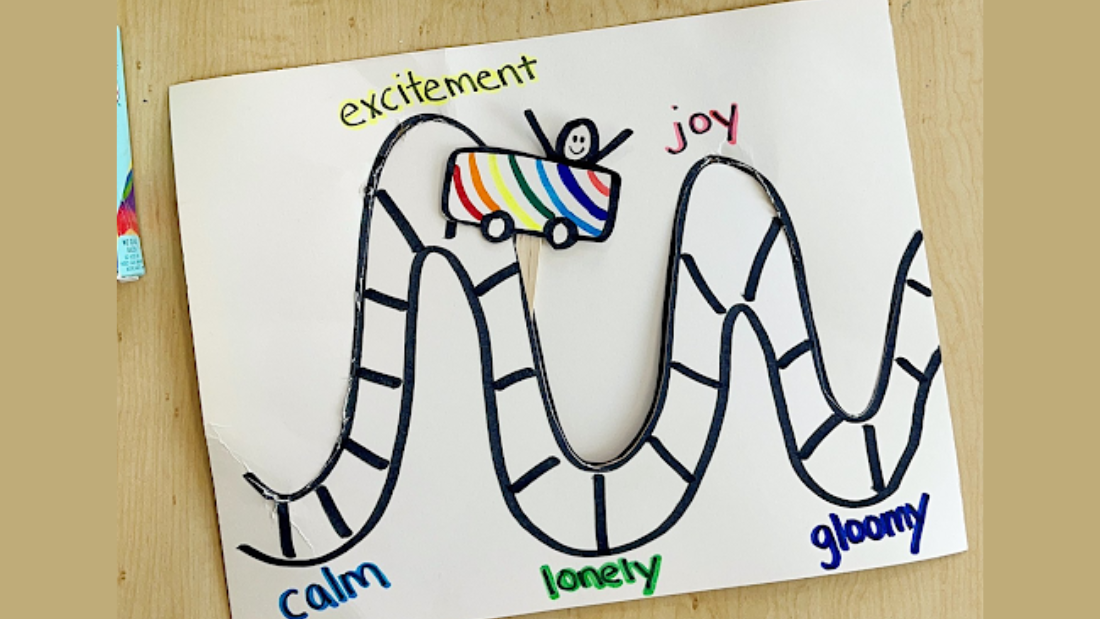In the bustling world of parenthood, where every day is a mixture of joy, challenges, and lessons learned, one powerful phrase stands out: “I see you, I hear you.” This simple affirmation holds a profound significance, especially when it comes to understanding and nurturing a child’s emotional landscape. For parents striving to build a strong foundation for their children’s emotional resilience and trust, validating their feelings is not merely a technique; it’s a heartfelt commitment.
Emotional validation is the practice of acknowledging and accepting a child’s feelings without judgment. When a child experiences sadness, anger, frustration, or joy, expressing these emotions is a crucial aspect of their growth. Parents who embrace this notion create a safe haven for their children, allowing them to explore their emotional world without fear of dismissal or misunderstanding.
Research in child psychology suggests that validation fosters emotional resilience. Children who feel heard and understood are better equipped to cope with setbacks and navigate life’s complexities. They learn that it’s okay to feel deeply; emotions are a natural part of the human experience. By acknowledging their feelings, parents empower their children to articulate their emotions, enhancing their self-awareness and emotional intelligence.
Moreover, the act of validating a child’s emotions can significantly deepen the parent-child bond. When children sense that their feelings are respected, they develop a profound sense of trust in their parents. This trust lays the groundwork for open communication, encouraging children to share their fears, hopes, and dreams without hesitation. They learn that their voice matters, cultivating confidence that will serve them well into adulthood.
It’s essential for parents to remember that validation does not mean they need to fix every problem. Instead, it’s about being present in the moment, listening actively, and resonating with a child’s emotional experience. Whether it’s a scraped knee or the complexities of schoolyard friendships, saying, “I understand that you’re upset,” allows them to process their feelings. This simple acknowledgment can pave the way for healing and growth.
Ultimately, “I see you, I hear you” is more than just a comforting phrase; it is a vital lesson that shapes a child’s emotional landscape. In nurturing an environment of validation, parents not only fortify their child’s resilience but also create a lasting bond built on trust, understanding, and love, ensuring that their children thrive emotionally throughout their lives.










